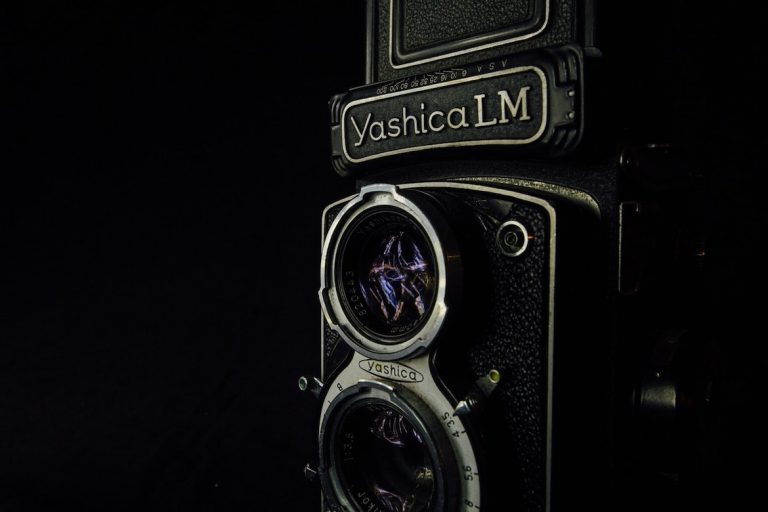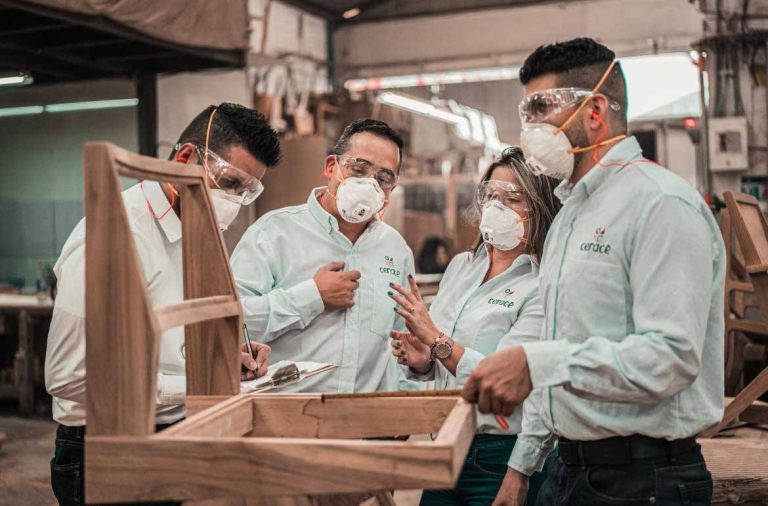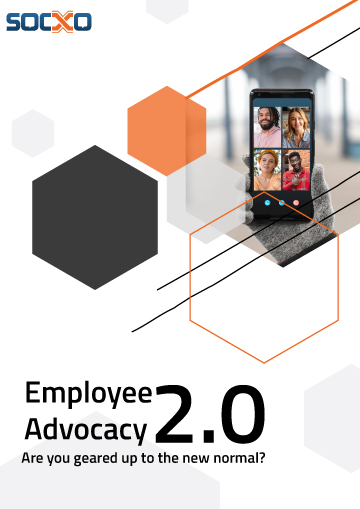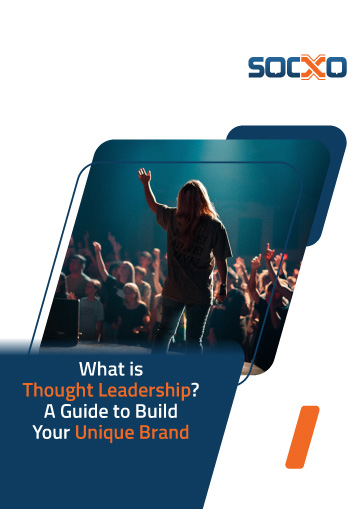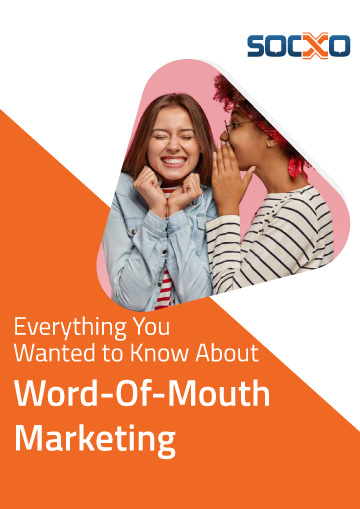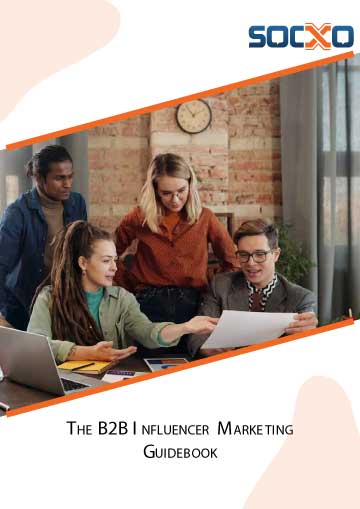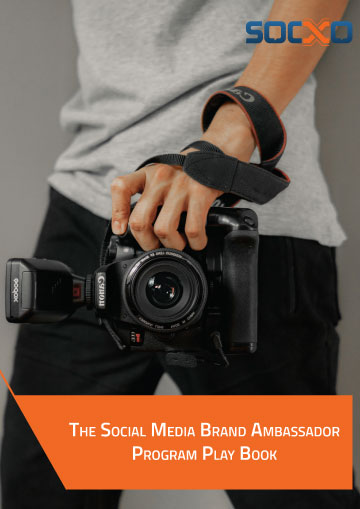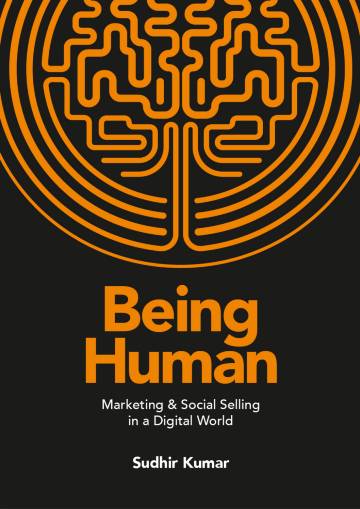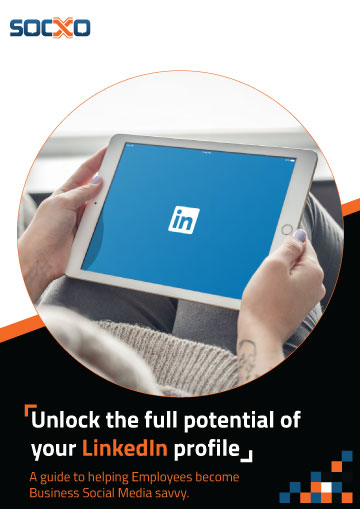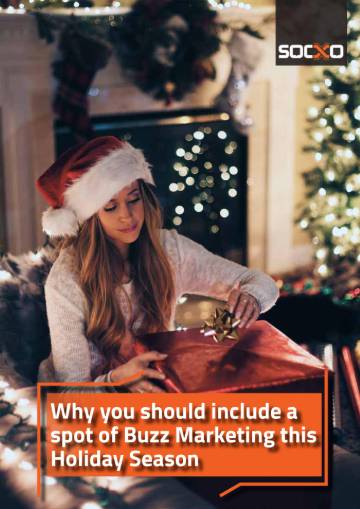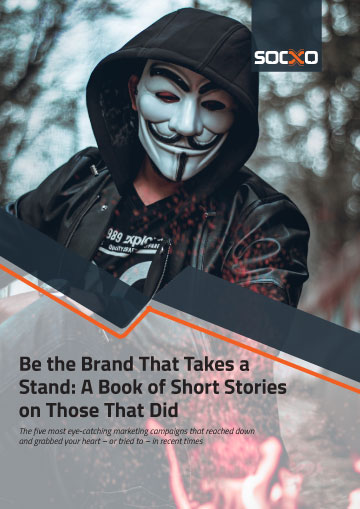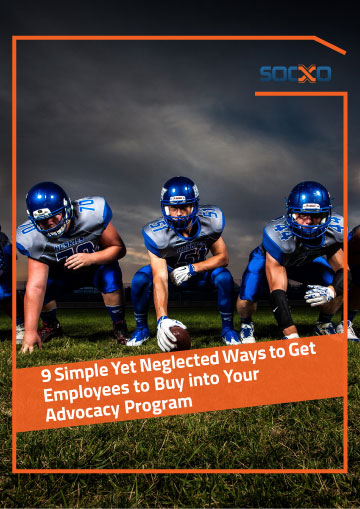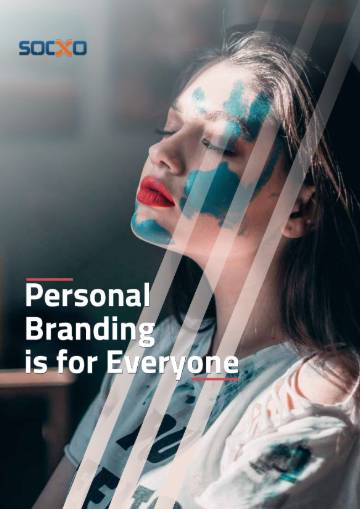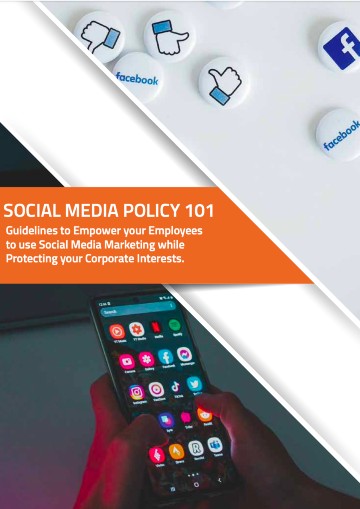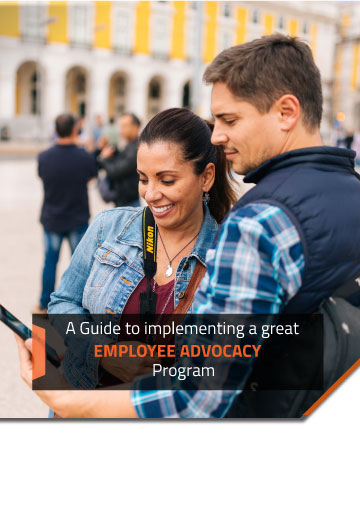
Public Relations (PR) is all about reputation – the result of what you do, what you say and what others say about you.
Socrates said, “Regard your good name as the richest jewel you can possibly be possessed of — for credit is like fire; when once you have kindled it, you may easily preserve it, but if you once extinguish it, you will find it an arduous task to rekindle it again.” The same applies for business too – a good reputation is the lifeblood of a successful organisation as it can give you a competitive edge.
Defining PR further, The Chartered Institute of Public Relations says it is, “the aim of earning understanding and support, and influencing opinion and behaviour. It is the planned and sustained effort to establish and maintain goodwill and mutual understanding between an organisation and its publics.”
Something that will always make your PR team grin from ear to ear is when a third party sings praises about your brand – for example, when a journalist, blogger, customer or employee writes about your brand. Why so? Because a genuine endorsement from a third party does wonders for your brand (while also doing the work of the PR team for them!). It makes your company look great and promotes you to the top (earning understanding and support and influencing opinion and behaviour) in front of a whole new group of people whom you may have not been able to previously reach. A third party endorsement from a social media advocate does the same – they build your brand image by recommending you to their social circle (establishing and maintaining goodwill and mutual understanding), creating confidence and trust in your brand.
How can Social Advocacy help PR?
The typical Purchasing Funnel marketing model shows an ideal customer journey from becoming aware of a brand to purchasing the product/service – several steps where the customer encounters your company’s PR along the way that influences them to buy in. Now, once they reach the end of the funnel and complete the purchase, they have the potential to evolve into an advocate. This is when they will go from consuming the PR you’ve produced to creating PR for your organisation based on their loyalty to your brand – all this, without you paying them. How so?
If you make it easy enough for them with the right tools and redistributable matter, they’ll become content creating machines. They’ll be leaving highly positive reviews all over their social media networks that will increase your ratings, challenge negative brand image, improve SEO and drive positive word of mouth. They’ll be sharing testimonials about their experience which will boost your brand awareness and reputation. They’ll be able to provide answers to prospective customers about your product which will encourage them to buy in (thereby increasing your customer base and in turn bringing you more advocates). All of this advocate-generated content is gold for you! – use it everywhere you can.
Leverage the PR content that your advocates are creating by re-posting, re-tweeting and re-sharing it to give it maximum exposure. Use their reviews and testimonials at every step in the purchasing process. Counter bad PR with positive content from them. This type of content can help create dialogues and humanise your brand. It will manage your publicity requirements at a lesser cost than paid publicity.
What results can you expect? McKinsey Quarterly April 2010 reports that, “marketing-induced consumer-to-consumer word of mouth generates more than 2X the sales of paid advertising,” while Deloitte found that, “customers referred by other customers have a 37% higher retention rate.” Marketing Charts further confirms this fact by reporting that, “brand advocates are 50% more likely to influence a purchase.”
For example: Folica, an online retailer of hair care products knew that a large part of their sales was driven by recommendations from existing customers. They launched a social marketing campaign where customers were encouraged to share their experience and refer a friend. The result? Folica saw a 93% email open rate and a 16% conversion rate for the program. The customers did the job for Folica way more efficiently than how their PR team could have done.
A Word on Organic vs. Manufactured Advocates to Boost PR
The key to gaining valuable PR from your advocates is to keep it authentic. If the PR is from manufactured (paid/rewarded) advocates, it will not appear credible and will affect your brand reputation. People are less likely to buy a recommended product if they feel the recommendation was ‘bought,’ or coaxed through an incentive; it is infinitely better that you receive honest reviews for your product.
Organic advocates become advocates on their own, based on their opinion and experience with your brand.
An example of this is asking an Apple fan (an organic advocate) his opinion on whether Mac or Windows is better. They’ll instantly take over the Apple PR team’s job by giving you a passionate tirade on why Macs are better, more trustworthy and reliable while even going a step further by criticising Windows. This enthusiasm can never be matched with the passion of a sales person who is literally being paid to be interested in selling you the product. The key? Direct your efforts towards nurturing organic advocates who will create excellent PR for your company rather than manufacturing them.
As mentioned, social advocacy can also help combat negative feedback on social media and deal with bad press. We’ll be discussing this in more detail in an upcoming blog. Stay tuned!



